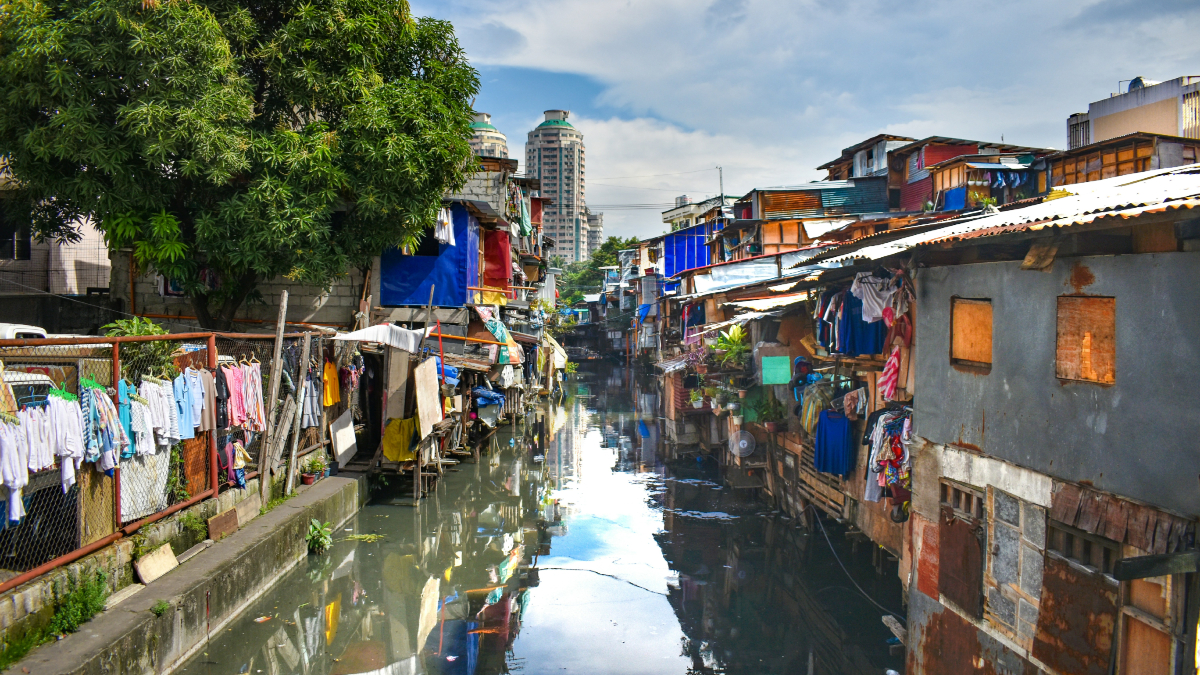Japan-based Nomura Global Research anticipates the Philippine economy will see improved growth in 2025, though it will likely fall short of official targets. In its Asia Macro Outlook 2025 report, the firm projects gross domestic product (GDP) growth of 6% year-on-year, up from 5.6% in 2024, aligning with market expectations but at the lower end of the government’s 6-8% target range.
Nomura attributes this growth to sustained public infrastructure spending, which remains a key focus of the Marcos administration. The upcoming mid-term elections in May 2025 are also expected to boost infrastructure development, potentially encouraging private investment as borrowing costs decline and monetary policies ease.
A more favorable inflation outlook and improved wage growth are seen as drivers of recovering consumer sentiment and household spending, which have already contributed to GDP momentum in recent quarters. However, external challenges are likely to weigh on the economy, particularly in the latter half of 2025.
Nomura highlights the Philippines’ vulnerability to global tensions, including potential trade disruptions from the US-China conflict and policy shifts under US president-elect Donald Trump. Slower growth in exports and possible impacts on worker remittances due to stricter US immigration policies are expected to dampen economic gains.
Foreign direct investment (FDI) remains a concern, with limited inflows compared to regional peers. Rising tensions in the South China Sea could further hinder FDI, especially if regional security wanes.
The fiscal deficit is projected to narrow slightly to 5.5% of GDP in 2025, from 5.9% in 2024, but this remains above pre-pandemic levels and government targets. Election-related spending and infrastructure priorities are expected to make achieving fiscal goals challenging.






